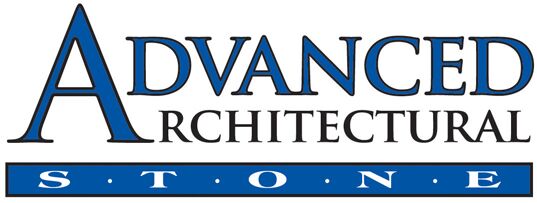GFRC Primer: Why GFRC? Where/When to Use It? How Does It Install?
The architectural GFRC (Glass Fiber Reinforced Concrete), also commonly known as light weight concrete, can emulate the look and feel of cast stone, architectural precast or limestone. The AAS team is able to customize color of the GFRC panels to match the color palette of the project.
Why Architectural GFRC?
- Much lighter – at least 50% less weight compared to other masonry products.
- High strength to weight ratio – cost effective for higher elevation applications.
- Much less expensive to install.
- Less building structure needed.
- Less erection equipment and yard management.
- Much more durable compared to other exterior products such as stucco or EIFS.
- When required for a project, GFRC can be combined with dry-cast stone, wet-pour precast or natural limestone products.
- With a control sample, ability to create any custom color and finish required for the design.
- Manufacturing and customization at one of the AAS plants, as opposed to building the product at construction site that some other products require.
- Customize panel shapes and installation support based on architectural design and structural needs.
- Pre-engineered, built-in connections simplify installation, open up design options.
Where/ When Does Use of GFRC Make Sense?
The architectural GFRC is about 50% lighter compared to other cast stone products or limestone.
GFRC is often used:
- For applications where the core building structure cannot carry the weight of other cement based products.
- At or near the top of a structure where structural support may be insufficient for other stone products.
- Where the design of a given piece (column capital, etc.) is complex and larger pieces ease installation.
- Where installation costs are an important consideration.
- Where skilled craftsmen are in short supply.
- On renovation and restoration projects.
- Where rigging and installation equipment is restricted.
- Interior applications, breezeways and transitional areas between indoor and outdoor spaces.
Product Life Cycle
The GFRC product has a Standard Architectural Specification under 03490. The specification requires a product that will perform structurally and comparably to other masonry products. As with all masonry products absorption, tensile strength, wind shear, and hardness (PSI) are all covered by its specification to provide product performance comparable to the longevity of masonry products in general.









